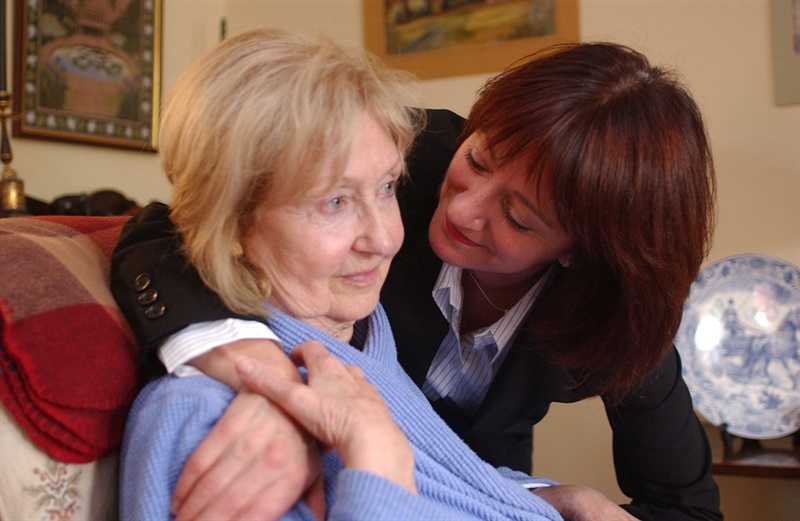13.10.14
Variable dementia care putting patients at unnecessary risk – CQC
More than 90% of care homes and hospitals across England have aspects of “variable” or “poor care”, according to a major review of dementia care by the Care Quality Commission (CQC).
The regulator inspected 129 care homes and 20 hospitals, looking at four areas in delivering care: how people's care needs were assessed; how care was planned and delivered; how providers worked together; and how the quality of care was monitored.
Findings in the Cracks in the Pathway report revealed an “unacceptable” gap in the quality of care. For instance, in about 29% of care homes and 56% of hospitals the CQC inspected, it found assessments were not comprehensive in identifying all of a person's care needs.
On top of this, in more than a third of care homes and two-fifths of hospitals, the regulator witnessed aspects of variable or poor care regarding how the care met people's mental health, emotional and social needs.
This comes only days after World Mental Health Day when there were major calls for “parity” in the treatment of those suffering from mental health illness, as reported in PSE’s sister title NHE.
Commenting on the findings, Andrea Sutcliffe, chief inspector of Adult Social Care at the CQC, said: “People living with dementia, their families and carers have every right to be treated with respect, dignity and compassion.
“Our review found some great care, delivered by committed, skilled and dedicated staff. But this is not the case everywhere or even within the same service meaning too many people are at risk of poor care. This has got to change.”
It was also found that available guidance is not being used effectively and there is a failure to manage known risks such as falls, urinary tract infections and malnutrition.
The CQC has committed to appointing a new national specialist adviser for dementia care; training inspectors across all inspecting teams to understand what good dementia care looks like so that their judgements of the performance of providers are consistent and robust; and including a separate section in hospital inspection reports that shows how well the hospital cares for people living with dementia.

Izzi Seccombe, chair of the Local Government Association’s community wellbeing board, said: “Councils work closely with local care providers to continuously improve services for people living with dementia and their carers.
“This includes training to carry out high-quality assessments and sharing best practice in delivering personalised support by well trained and committed staff.”
Other key findings of the report include how more than a quarter of care homes and 56% of hospitals were found to have variable performance regarding their staff’s understanding and knowledge of dementia care.
Additionally, in 33% of care homes and 61% of hospitals the CQC witnessed variable or poor care with regards to people or their families and carers not being involved in decisions about their care and choices about how to spend their time.
Health secretary Jeremy Hunt said: “There can be no excuse, and no hiding place, for poor care within our NHS – we are focusing on improving the lives of dementia patients and their families as never before. That’s why we’ve trained thousands of NHS staff to recognise the signs of dementia and invested in dementia friendly care homes and hospital wards.
“The CQC play a vital role in improving care through their tough new inspections and it's vital that they continue to shine a light on any poor practice so that we can drive up standards throughout the country.”
Jeremy Hughes, chief executive at Alzheimer’s Society, added that with a staggering 90% of the care homes and hospitals inspected found to have aspects of variable or poor care, this report “highlights the plight that many people with dementia face”.
“However, we know there are many care homes and hospitals that are getting it right by training their staff in person centred care and making their homes and wards more dementia friendly,” he said. “Developing staff and helping them understand the needs of people with dementia is vital if we are to improve the care people receive.”
(Image: c. IRISS Photo Collection)
Tell us what you think – have your say below or email [email protected]